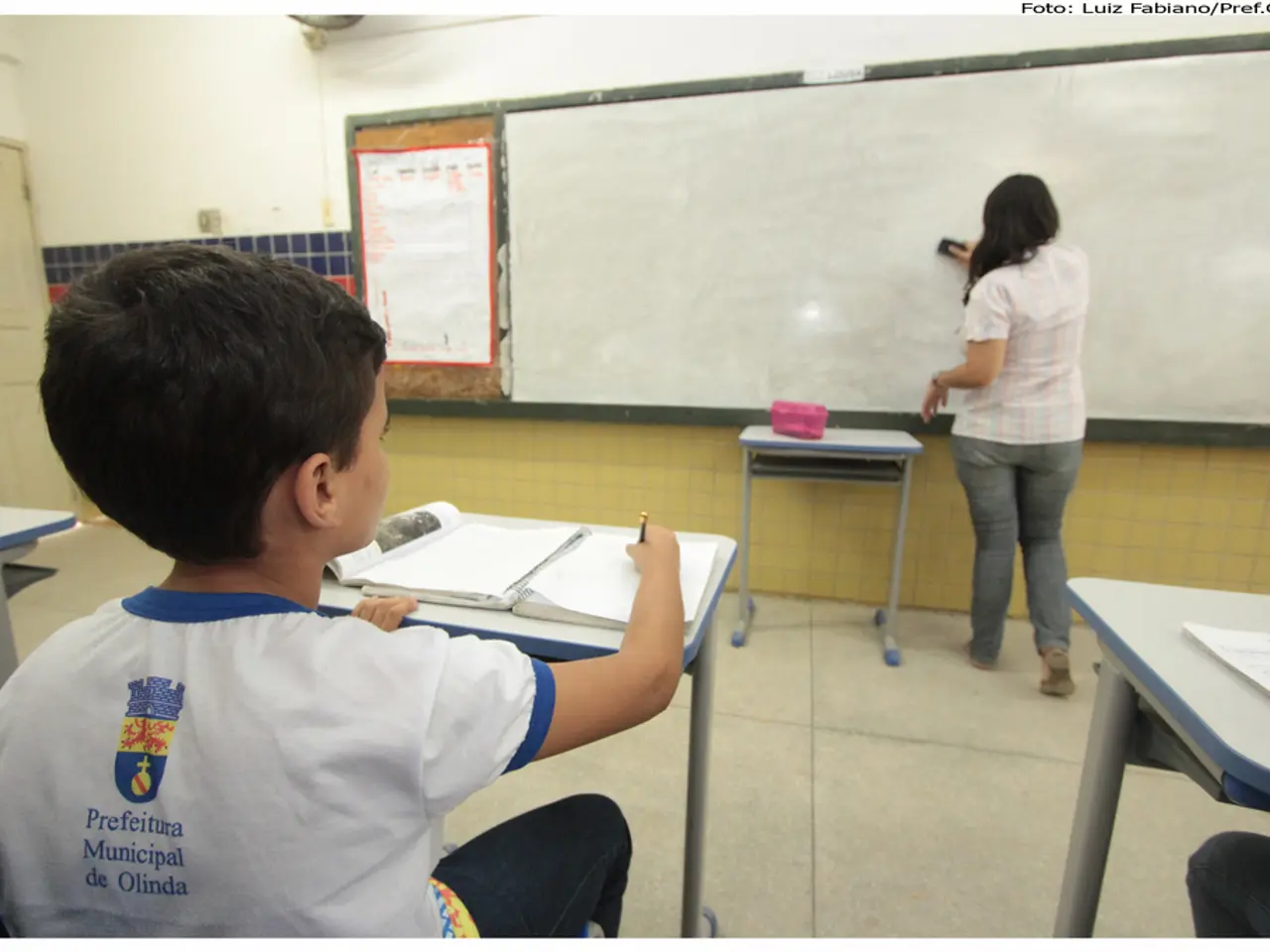Unscrupulous ghost students and educational institutions expropriated a staggering Sh3.7 billion in capitation funds.
In a shocking revelation, Auditor General Nancy Gathungu has exposed a case of the government disbursing billions of shillings to ghost students in capitation funds over four financial years, from 2020 to 2024. The irregularities were found in the National Education Management Information System (NEMIS) for these years.
The special report was tabled before the National Assembly Public Accounts Committee (PAC) yesterday, detailing that the disbursement occurred over these years to 723 non-existent schools, totaling Sh3.7 billion. The irregularities in the disbursement of capitation funds are separate from the delays in the 2025 School Capitation, which is yet to be disbursed and could potentially affect school operations.
The capitation funds, allocated per student enrolled in public schools, are intended to help cover the costs of learning materials, infrastructure, and other educational resources. However, the irregularities were due to problems in the actual number of students registered in the NEMIS for the years 2020 to 2024.
The Auditor General's investigation, if confirmed, raises serious concerns about the misuse of public funds and the integrity of the education system in Kenya. Led by Nancy Gathungu, the Office of the Auditor General would likely conduct forensic audits, gather evidence, and produce reports detailing any findings of irregularities. Recommendations for corrective actions and potential legal actions might also be part of the report.
The National Assembly Public Accounts Committee (PAC) is involved in the discussion of the 2025 School Capitation, but it is not related to the disbursement to ghost students or the 723 non-existent schools. The 2025 School Capitation is subject to delays, but it is not associated with the problems in the actual number of students registered in the NEMIS for the years 2020 to 2024.
The NEMIS is expected to play a role in the 2025 School Capitation, ensuring accurate student registration and the fair distribution of funds. The National Education Management Information System (NEMIS) is a critical tool for maintaining the integrity of the education system and ensuring that funds are allocated effectively.
As the investigation progresses, it is crucial for the Kenyan government to take swift action to address these irregularities and restore public trust in the education system. The misuse of public funds is a serious issue, and it is essential to ensure that resources are used effectively and efficiently to support the education of Kenya's children.
- The investigation led by Nancy Gathungu, if confirmed, will likely expose issues not only in the education sector but also in the finance industry, as the misuse of public funds is a financial matter.
- To prevent similar incidents in the future, the government might need to improve its systems, such as education-and-self-development platforms, to guarantee the accuracy of student enrollment data and the proper allocation of funds.




